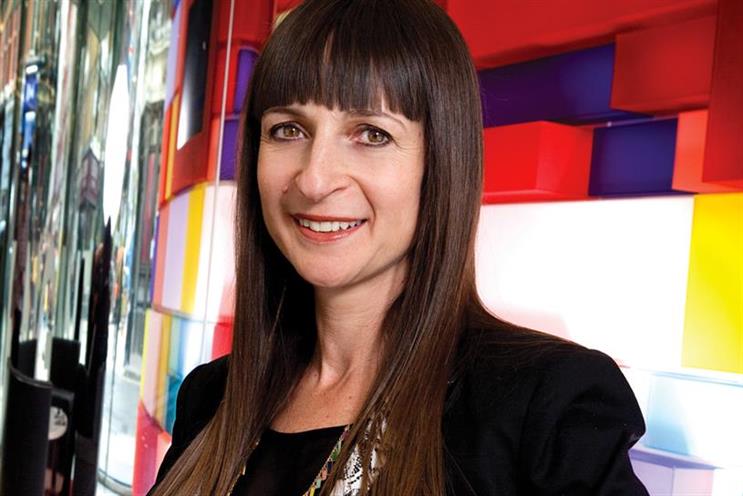Last month Girlguiding UK released research that showed girls as young as seven already feel pressured to conform to the gender stereotypes that bombard them every day via social channels, TV and other forms of media.
That stark figure follows research by the Advertising Standards Authority in July, which highlighted that harmful stereotypes can restrict the choices, aspirations and opportunities of children, young people and adults.
The industry must address these issues with urgency.
The adverse effects of gender stereotyping on young girls and women are becoming increasingly clear, and they will only become more prevalent as technology makes us ever more connected with the world around us.
From photos of models with unattainable body types, to women being depicted as housewives in aprons, pressuring women to conform to a certain look or role can harm their confidence and self-esteem. In Engine’s 21st Century Woman Report, published earlier this year, 40% of women said advertising and the way brands talk to them was one of the biggest causes of self-criticism.
While awareness of the problem is growing, controversial ads such as the recent campaign by Marsh & Parsons on the London Underground, where an image of an older man being embraced by a younger woman is captioned "A charming period property with a modern extension", reveal how much is still to be done.
Why are women still not being fairly represented in media and advertising?
According to Engine’s 21st Century Woman report, 76% of women think brands do not represent the modern women, and 86% believe brands present a very stereotypical view of life.
Why? Diagnosing the problem is far easier than finding a solution. When we say "women", we’re talking about 32 million people across the UK. Clearly, brands are failing to reflect these differences.
So what’s stopping marketers from embracing multi-faceted femininity?
Well, it probably isn’t a coincidence that the majority of business and creative decision makers behind these brands are men.
A lack of diversity must, at least in part, be responsible for the industry’s collective failure to consistently produce creative content which reflects the world around us. According to the 2016 IPA Agency Census, just 31% of senior positions in creative agencies are taken by women.
This is reinforced by traditional agency models which can be too narrowly focused on single disciplines. Client briefs increasingly demand an integrated approach which requires a broader range of talent, experience and perspective.
So, what more needs to be done?
While the ASA’s pledge to unveil new standards for ads that feature stereotypical gender roles or characteristics help the advertising industry to make some progress towards fairly representing women, not all forms of gender stereotypes will be banned.
We as advertisers must take responsibility and be proactive in checking ourselves to ensure that the content we’re creating for our clients fairly reflects the world and the society that we live in.
There is no one-size-fits-all answer, but there are some clear steps brands can take to create campaigns that better resonate with women.
Building teams with more women as creative decision makers is vital. Diverse teams are more likely to produce work which reflects the breadth of our society – and to spot lazy and harmful stereotypes before they see the light of day.
Brands must also keep pace with societal and cultural changes, and get to know their audiences in more meaningful ways. Their likes, dislikes, age, location and purchase history are often more important factors to consider than gender.
For example, rather than focusing on a clichéd and outdated ideal of family life, WCRS’s recent ad campaign for Warburtons – "Pride and Breadjudice" featuring Peter Kay – features chairman Jonathan Warburton, showing the real people behind the business and communicating heritage and brand purpose in a fun, culturally relevant way that resonates with modern audiences.
Brands should be positive and empowering too. ASOS decided to stop airbrushing models on its websites and was praised for its realistic portrayal of women's bodies and female beauty.
Brands who get these simple things right will be rewarded with loyalty. Women are more socially connected than men, far more vocal and increasingly not afraid to speak out. The way that women are portrayed and treated in and by the media has got to change. We want our children to grow up in a world where revelations such as those that have recently shaken Hollywood are inconceivable, rather than all too familiar.
Debbie Klein is the chief executive of Engine


